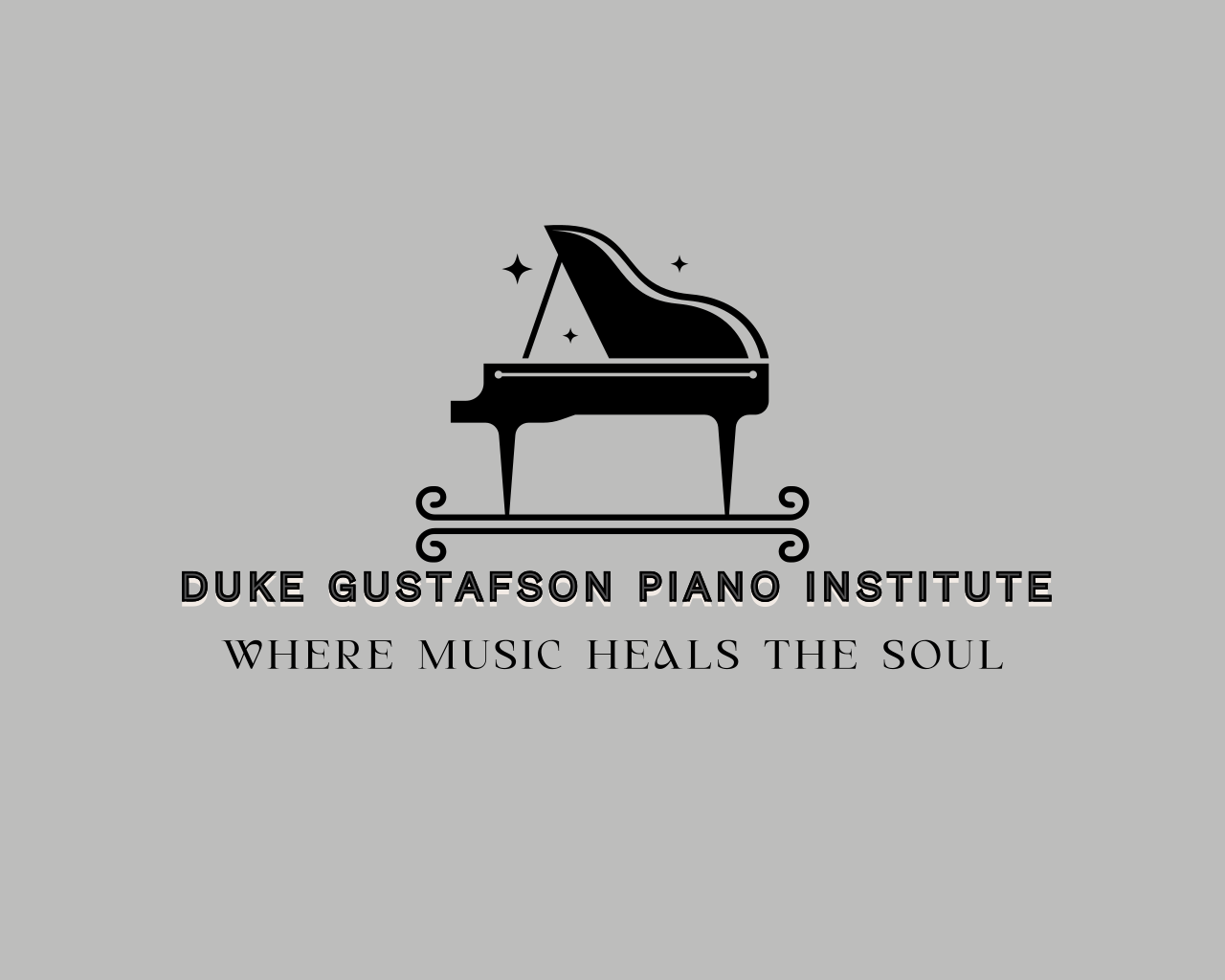What Helped Me Conquer Stage Fright—and How It Can Help You Too
Do you feel like your stage fright keeps you from becoming the masterful musician you want to be? Welcome to the club that the majority of musicians are in: you are not alone. I'm going to break down everything you need to know to overcome this obstacle.
The first thing is that you will never get rid of stage fright, no matter how many times you play. Yes, it will fade a little over time, but it is not going to magically get better by itself. One must know exactly what hinders their performance both mentally and physically. Then take action by applying steps in order to counter its effects.
- Always over-prepare technically. "I hope I have my piece down before it's time to play." This common mindset is an absolute performance killer. When you have your piece down one or two weeks before your performance, you haven't had enough time to master the piece most likely. This creates feelings of uncertainty about your ability to perform and leads to unnecessary stage fright. To avoid this, follow these directions: Have you piece down a minimum of one month before your performance, ”Which allows you to have much more confidence in your ability to go through an entire piece”, and do extremely slow performances of your entire piece regularly, not to ensure that you can play the piece without mistakes, but so that you can't make mistakes. This practice method requires extreme discipline to master and can always be improved on.
- Plan every physical movement you will do for your performance. While this may seem obvious, most people don't do it. What does this look like? To start, you need to breathe: When performing we tense up and can't think straight. What changed in the practice room? Perhaps it was a mixture of things, but a common one is a lack of breathing. You have likely heard this one before but it's very important. Not only should you breathe, but you should also plan where to breathe in your music to keep a normalized and consistent performance. The more things you can keep the same physically during your performance as in the practice room, the more comfortable and less anxious you will feel. Next, you also want good posture. Seems simple, right? “Have good posture and you'll be fine!” Well, what I'm talking about is a little more specific than that. You could have good technique and still be in nearly an infinite amount of different positions. So while you should always have good technique and posture, you should always do a deeper and more detailed analysis of your technique. This is different for every instrument clearly, but here are some questions I would ask myself as a pianist. ”How high do I need my bench? What angles are my wrists at and do the angles change for particular parts of my piece? How much do I lean forward? “Ect. While these things can sometimes seem picky, what makes performing much harder is anything at all changing from the practice room. While there are some things that you can't keep the same, like your environment and the instrument in some cases, the goal is to minimize any changes from exactly what you did in your practice room. However, to do this, one must be aware of all physical attributes of his regular practice sessions.
- Remember that you GET to show off your hard work. This step is simple. Most likely if you are regularly performing, you have chosen the path of music and love it to some degree. Yet we commonly say things like, "Oh no, I have to perform tomorrow," even if we're well prepared. Why do we say things like this so often when they contribute to the mindset that makes us afraid to play in front of people? This is what we must acknowledge. You get to show off. If you've worked hard, prepared well, and succeeded at learning your piece, there should be nothing you're excited about more than showcasing your work to others! What this mindset does is make your performance date something you can't wait for, as opposed to a day you dread.
- Have a pre-performance routine When it comes to pre-performance routines, most people overthink it way too much. My suggestion is to keep as many things the same as your regular schedule as possible. I'll tell you about my pre-performance routine. The first question I ask is, “How long should I sleep?” Many tend to answer by saying an amount of time is much longer than their usual sleep schedule. I discourage this because of my experience doing the same thing. I end up feeling weird and at times drowsy from sleeping more than I usually do. If you are used to a bad sleeping schedule, fix your sleeping habits over time, but not on the day of your performance! It will not help. You also need to ask more questions like the last one. Whatever you do, make sure to keep as many things the same as possible. As for an actual pre-performance warm-up, it’s best not to go straight to your piece but to things such as finger exercises, scales, and arpeggios. What I do before a performance is one hour of Hanon and scale; this makes me feel very relaxed as opposed to playing my piece multiple times very stiffly. If you’re used to going straight to your pieces at the beginning of your practice sessions, you should most definitely insert some type of finger exercise before you start them.
- Get used to performing regularly. We can learn about performing intellectually all day, but eventually, it has to be something we practice just as much as our pieces. You do not have to be a famous concert musician to practice performance. Ultimately, what most people fear is attention to what they're playing. What I would suggest to most people is inviting their family into their practice rooms to watch them perform just 3-4 times a week. If you don’t practice performing, it is much harder.
- Listen to recordings of your performances and search for patterns. This isn’t something you can do before a performance to help with your stage fright. It’s a step that leads to making future performances less scary. When you made that one mistake, what were you thinking about? Was my posture off? Was I too tense? You have to try to remember what caused you to slip up in that one moment while you are analyzing your video. However, simply examining these things won’t fix them, it is only the start. What can you do about the things you examine about your performance? If it’s posture or breathing-related, that can be fixed in the practice room using step two. Remember to rehearse all the parts you breathe in and out, and all of the intricacies of your particular technique. If a mess up in your performance is more related to fear than bad posture, then what you must do goes beyond practicing alone. It leads us back to the fifth step, which is to get used to performing regularly. Many, many thoughts can pop into your head that can hurt your performance, but ultimately what needs to happen is getting used to dealing with the thoughts, and you can only do that by performing regularly. You might ask, “What if I don’t get many chances to perform publicly?” It doesn't have to be a big performance; invite your parents into your practice room to listen to you play a piece once a day! This habit will get you used to attention being on your playing, which is ultimately the thing most people fear.
To make things clear, stage fright is not an easy thing to conquer overnight, and these steps aren’t going to make conquering stage fright easy. However, you can continually practice these steps and always improve on them. They will create the foundation for improvement on future performances.
Please share these steps with other musicians who struggle with stage fright, thank you.

